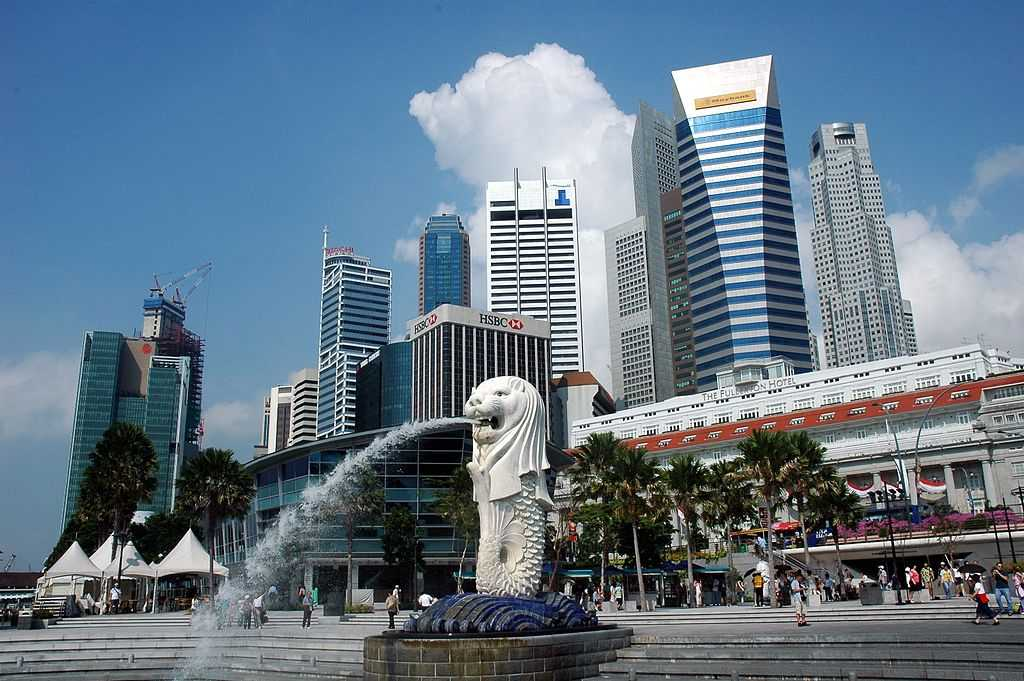
 One of the biggest financial advantages of serviced offices for rent is cost predictability. Instead of juggling separate bills for rent, utilities, internet, cleaning, and maintenance, businesses pay a single monthly fee that covers everything. This helps SMEs better manage their budgets and avoid unpleasant surprises from fluctuating utility bills or ad-hoc repair costs.
One of the biggest financial advantages of serviced offices for rent is cost predictability. Instead of juggling separate bills for rent, utilities, internet, cleaning, and maintenance, businesses pay a single monthly fee that covers everything. This helps SMEs better manage their budgets and avoid unpleasant surprises from fluctuating utility bills or ad-hoc repair costs.
 Location is critical for credibility, client trust, and talent acquisition. A conventional office in Singapore’s Central Business District (CBD) or Orchard area can command very high rents. Serviced offices allow SMEs to enjoy prestigious business addresses at a fraction of the cost, enhancing brand image without draining the budget.
Location is critical for credibility, client trust, and talent acquisition. A conventional office in Singapore’s Central Business District (CBD) or Orchard area can command very high rents. Serviced offices allow SMEs to enjoy prestigious business addresses at a fraction of the cost, enhancing brand image without draining the budget.
 Every day spent setting up a conventional office is a day of lost productivity. With serviced offices, companies can move in and begin operations almost immediately. This rapid start not only reduces downtime but also translates into direct cost savings, since there’s no “dead time” between paying rent and generating revenue.
Every day spent setting up a conventional office is a day of lost productivity. With serviced offices, companies can move in and begin operations almost immediately. This rapid start not only reduces downtime but also translates into direct cost savings, since there’s no “dead time” between paying rent and generating revenue.
| Cost Item | Conventional Office (600 sq ft in CBD Grade A) | Serviced Office (6-person team) |
| Base Rent | ~S$21,042 (600 sq ft × S$11.69 psf/mo × 3 months) | Included in package |
| Furniture & Fit-Out | S$10,000–S$20,000 upfront (spread over lease term) | Included |
| Internet & IT Setup | ~S$500–S$1,000/month | Included |
| Utilities (electricity, water, aircon) | ~S$300–S$800/month | Included |
| Cleaning & Maintenance | ~S$200–S$400/month | Included |
| Reception/Admin Staff | ~S$2,500–S$3,000/month (if hired) | Included |
| Meeting Room Access | Extra rental cost per use | Included (shared) |
| Estimated Quarterly Total | ~S$25,000–S$28,000+ (excluding upfront fit-out) | ~S$9,000–S$15,300 depending on provider/package |

Need Help? Chat with us